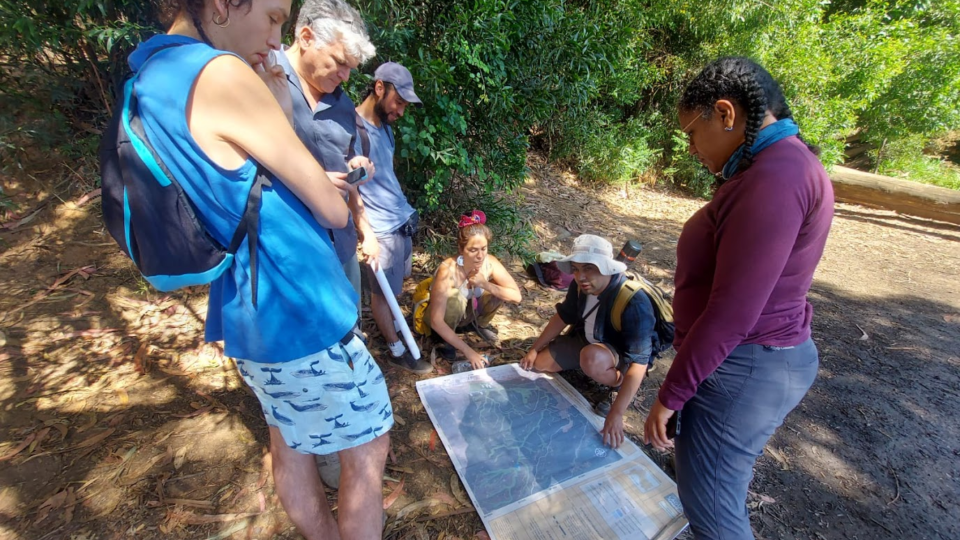COVID-19 and LOCSS
 Fish Lake Rainbow
Fish Lake Rainbow
Many of the LOCSS study lakes are in areas that are being affected by the COVID-19 outbreak. The LOCSS team wants all of our local partners and volunteer citizen scientists to know that your health and safety is extremely important to us. While we appreciate each lake height measurement that we receive, we do not want a citizen scientist to venture out to take a measurement unless it is safe to do so. If you are interested in submitting a lake height measurement, there are several precautions you can take to do so safely.
First, it is important to be sure that the lake gauge is accessible. There are currently 68 LOCSS study lake gauges spread out over four US states and two additional countries. Many of these lake gauges are located in city parks, state parks, and federal lands. Some public lands are closing in response to COVID-19, so please make sure the area is open to the public before you venture out.
While you are out, it is important to protect yourself and others by practicing safe social distancing and wearing a mask that covers your nose and mouth. The National Recreation and Park Association provides some guidelines for practicing social distancing in parks and public trails.
 Practice social distancing and wear face coverings in public parks and trails. Image Credit: National Recreation and Park Association (NRPA)
Practice social distancing and wear face coverings in public parks and trails. Image Credit: National Recreation and Park Association (NRPA)
If a lake gauge is accessible and you can get to it safely by practicing social distancing, then submitting a lake height measurement could be a good way to manage stress and anxiety by spending time in nature. A recent study has shown that spending at least 120 minutes per week in nature is associated with good health and wellbeing1. So visiting your local lake, along with incorporating other practices for wellness, such as those recommended by the CDC, can be a good way to manage anxiety and stress during this time of uncertainty.
Above all, though, please be safe. Follow all local, state, and federal shelter-in-place and stay at home orders and recommendations for health and safety. A walk along the lakeshore to participate in LOCSS may be a good component of your wellness practice, but if participating in LOCSS would put you at risk, please stay home and care for yourself. Your safety is our top priority!
- White, M.P., Alcock, I., Grellier, J. et al. Spending at least 120 minutes a week in nature is associated with good health and wellbeing. Sci Rep 9, 7730 (2019).
LOCSS News
We share stories about the lakes in our study, our partners and volunteer citizen scientists, as well as interesting results from our research.





